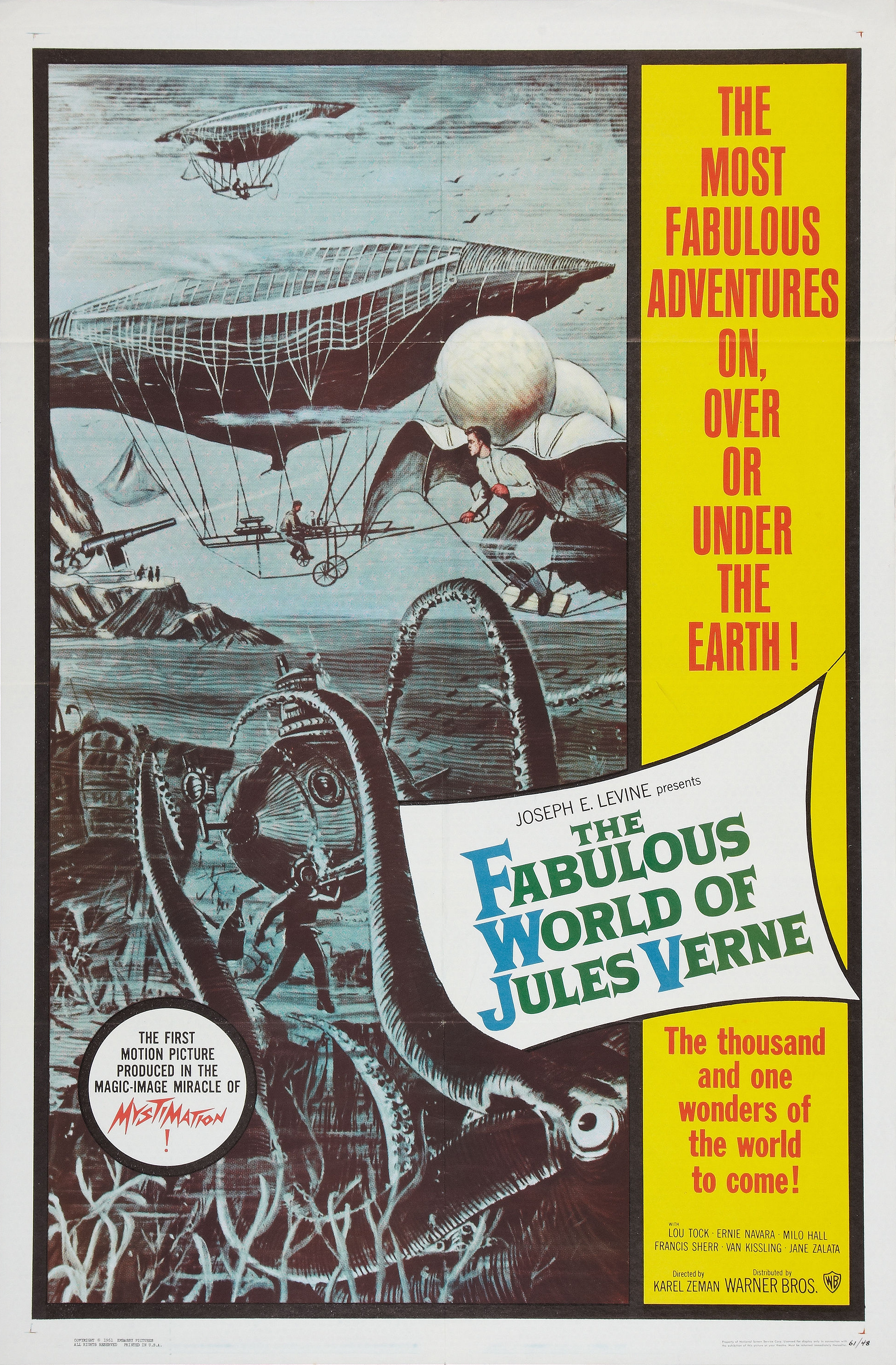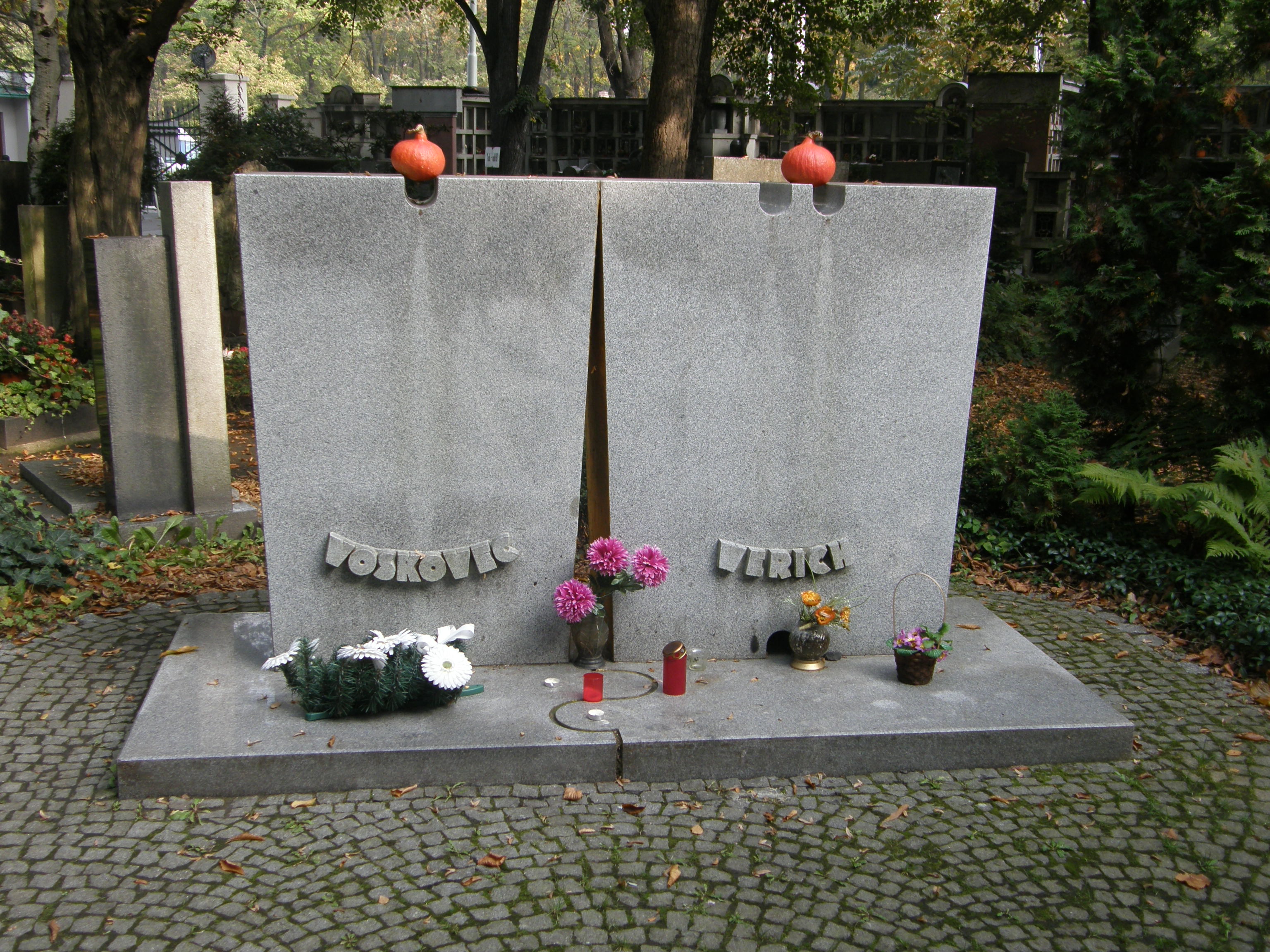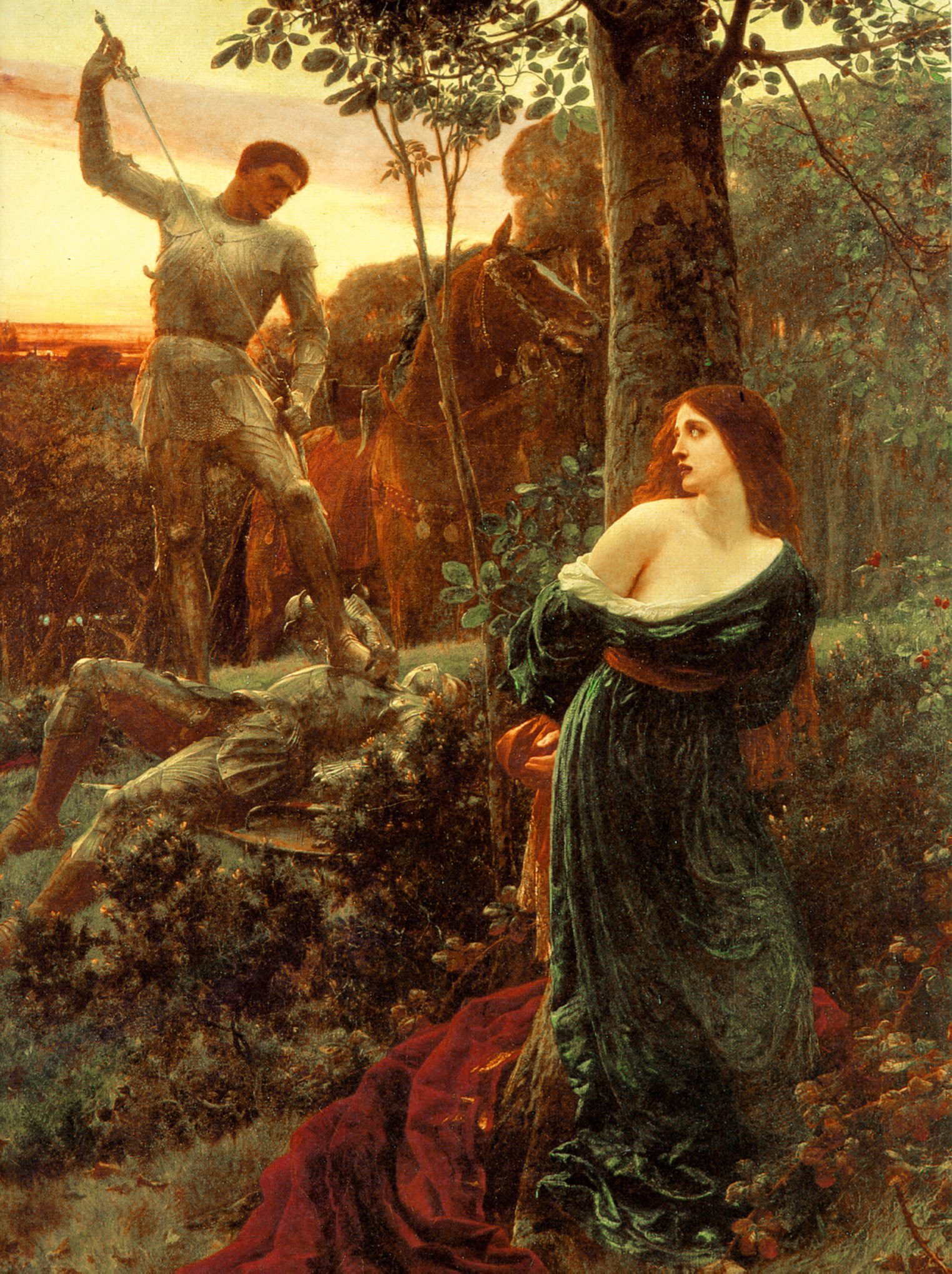|
The Fabulous Baron Munchausen
''The Fabulous Baron Munchausen'' ( cz, Baron Prášil) is a 1962 Czechoslovak romantic adventure film directed by Karel Zeman, based on the tales about Baron Munchausen. The film combines live-action with various forms of animation and is highly stylized, often evoking the engravings of Gustave Doré. A digital restoration of the film premiered on 5 September 2016 at the Telluride Film Festival in the United States. Plot The film begins with footsteps leading to a pond. The camera continually moves upwards to show the flight of butterflies, birds, and a progression of historical aircraft ending with a rocket ship travelling through space and landing on the Moon. The astronaut/cosmonaut leaves his spacecraft and sights other footsteps on the Moon leading him to an old phonograph, then a crashed rocket with a plaque reading Jules Verne's ''From the Earth to the Moon''. Taken to a dinner table, the surprised space traveller meets the characters from Verne's book, as well as two ... [...More Info...] [...Related Items...] OR: [Wikipedia] [Google] [Baidu] |
Karel Zeman
Karel Zeman (3 November 1910 – 5 April 1989) was a Czech film director, artist, production designer and animator, best known for directing fantasy films combining live-action footage with animation. Because of his creative use of special effects and animation in his films, he has often been called the "Czech Georges Méliès, Méliès". Life Zeman was born on 3 November 1910 in Ostroměř (near Nová Paka) in what was then Austria-Hungary. Published online: At his parents' insistence, he studied business education, business at high school in Kolín. In the 1920s, he studied at a French advertising school, and worked at an advertising studio in Marseilles until 1936. It was in France that he first worked with animation, filming an ad for soap. He then returned to his home country (by now the First Czechoslovak Republic, known as Czechoslovakia), after visiting Egypt, Yugoslavia, and Greece. Back in Czechoslovakia, Zeman advertised for Czech firms like Bata Shoes, Baťa and Tatr ... [...More Info...] [...Related Items...] OR: [Wikipedia] [Google] [Baidu] |
Jules Verne
Jules Gabriel Verne (;''Longman Pronunciation Dictionary''. ; 8 February 1828 – 24 March 1905) was a French novelist, poet, and playwright. His collaboration with the publisher Pierre-Jules Hetzel led to the creation of the ''Voyages extraordinaires'', a series of bestselling adventure novels including ''Journey to the Center of the Earth'' (1864), ''Twenty Thousand Leagues Under the Seas'' (1870), and '' Around the World in Eighty Days'' (1872). His novels, always well documented, are generally set in the second half of the 19th century, taking into account the technological advances of the time. In addition to his novels, he wrote numerous plays, short stories, autobiographical accounts, poetry, songs and scientific, artistic and literary studies. His work has been adapted for film and television since the beginning of cinema, as well as for comic books, theater, opera, music and video games. Verne is considered to be an important author in France and most of Europe, where ... [...More Info...] [...Related Items...] OR: [Wikipedia] [Google] [Baidu] |
Josef Hlinomaz
Josef Hlinomaz (9 October 1914 – 8 August 1978) was a Czechoslovak film actor, journalist, and painter. He appeared in more than 150 films and television shows between 1948 and 1978. Selected filmography * ''Komedianti'' (1954) * ''The Strakonice Bagpiper'' (1955) * ''The Good Soldier Schweik'' (1956) * ''Hvězda jede na jih'' (1958) * '' Dařbuján a Pandrhola'' (1960) * '' Man in Outer Space'' (1961) * ''The Fabulous Baron Munchausen'' (1961) * ''Lemonade Joe'' (1964) * ''The Pipes'' (1966) * '' Happy End'' (1966) * ''Lidé z maringotek'' (1966) * '' The End of Agent W4C'' (1967) * ''All My Compatriots'' (1968) * '' Jáchyme, hoď ho do stroje!'' (1974) * '' Za volantem nepřítel'' (1974) * ''Rosy Dreams ''Rosy Dreams'' (''Ružové sny'') is a 1977 Czechoslovak film. Despite its whimsical poetic style, it was the first Central European feature film that put the Romani (Gypsy) community at the center stage in a realistically reflected manner. It w ...'' (1977) Refe ... [...More Info...] [...Related Items...] OR: [Wikipedia] [Google] [Baidu] |
Karel Effa
Karel Effa (born Karel Effenberger; 23 May 1922 – 11 June 1993) was a Czechoslovak character actor who appeared in some 65 films. Selected filmography * ''Uloupená hranice'' (1947) - Závodcí * ''Poslední mohykán'' (1947) * ''Parohy'' (1947) * ''Znamení kotvy'' (1947) * ''Ves v pohranicí'' (1948) - Jarda * ''Muzikant'' (1948) - Musician * ''Zelezný dedek'' (1948) - Seller * ''Cervená jesterka'' (1949) * ''Pan Novák'' (1949) - Vasek Kunc * ''Rodinné trampoty oficiála Trísky'' (1949) * '' Distant Journey'' (1950) - Prisoner building a gas chamber #2 * '' The Proud Princess'' (1952) - Guard of King's Treasure * ''Únos'' (1953) - American Journalist * ''Nad námi svítá'' (1953) - Kuba * ''Haskovy povidky ze stareho mocnarstvi'' (1954) - Porotce * ''Cirkus bude!'' (1954) - Taxikár Karel * '' Music from Mars'' (1955) - Kulhánek, hrác na cello a kytaru * '' Muž v povětří'' (1956) - Postman * ''Vzorný kinematograf Haska Jaroslava'' (1956) * ''Synove hor'' (19 ... [...More Info...] [...Related Items...] OR: [Wikipedia] [Google] [Baidu] |
Otto Šimánek
Otto Šimánek (28 April 1925 – 8 May 1992) was a Czechoslovak actor. Šimánek worked at the Prague City Theater. He also taught mime at the Prague Conservatory The Prague Conservatory or Prague Conservatoire ( cs, Pražská konzervatoř) is a music school in Prague, Czech Republic, founded in 1808. Currently, Prague Conservatory offers four or six year study courses, which can be compared to the level .... He became internationally known through the role of the silent wizard Pan Tau. References External links * Otto Šimánek at the CSFD 1925 births 1992 deaths People from Třešť Czechoslovak mimes Czechoslovak male stage actors Czechoslovak male television actors Czechoslovak male film actors Academic staff of the Prague Conservatory {{CzechRepublic-actor-stub ... [...More Info...] [...Related Items...] OR: [Wikipedia] [Google] [Baidu] |
Jan Werich
Jan Werich (; 6 February 1905 – 31 October 1980) was a Czech actor, playwright and writer. Early life Between 1916 and 1924, Werich attended "reálné gymnasium" (equivalent to high school) in Křemencova Street in Prague (where his future business partner, Jiří Voskovec, also studied). He studied law at the Charles University Law School from 1924 to 1927, from which he made an early departure to begin his artistic career and forge one of the most important partnerships of his life. Career Theater His collaboration with Jiří Voskovec and Jaroslav Ježek lasted for more than 10 years. Their partnership was a platform for their numerous left-wing political satires, most notably in the Osvobozené divadlo (Liberated Theatre). The trio's work took inspiration from Dada, with its love of the absurd, a reaction against bourgeois values and the horrors of World War I. In the years leading up to World War II and the closure of Czechoslovak theatres, Werich, Voskovec and Ježek ... [...More Info...] [...Related Items...] OR: [Wikipedia] [Google] [Baidu] |
Cyrano De Bergerac (play)
''Cyrano de Bergerac'' is a play written in 1897 by Edmond Rostand. There was a real Cyrano de Bergerac, and the play is a fictionalisation following the broad outlines of his life. The entire play is written in verse, in rhyming couplets of twelve syllables per line, very close to the classical alexandrine form, but the verses sometimes lack a caesura. It is also meticulously researched, down to the names of the members of the Académie française and the ''dames précieuses'' glimpsed before the performance in the first scene. The play has been translated and performed many times, and it is responsible for introducing the word ''panache'' into the English language. The character of Cyrano himself makes reference to "my panache" in the play. The most famous English translations are those by Brian Hooker, Anthony Burgess, and Louis Untermeyer. Plot summary Hercule Savinien de Cyrano de Bergerac, a cadet (nobleman serving as a soldier) in the French Army, is a brash, strong ... [...More Info...] [...Related Items...] OR: [Wikipedia] [Google] [Baidu] |
Baron Prášil (1961) Costume - 2
Baron Prášil is the Czech name for the historical and literary character Baron Munchausen Baron Munchausen (; ) is a fictional German nobleman created by the German writer Rudolf Erich Raspe in his 1785 book '' Baron Munchausen's Narrative of his Marvellous Travels and Campaigns in Russia''. The character is loosely based on a real .... The name may also refer to: * '' Baron Prášil'' (1940), a comedy film starring Vlasta Burian * '' Baron Prášil'' (1962), a film by Karel Zeman {{disambig ... [...More Info...] [...Related Items...] OR: [Wikipedia] [Google] [Baidu] |
Damsel In Distress
The damsel in distress is a recurring narrative device in which one or more men must rescue a woman who has either been kidnapped or placed in general peril. Kinship, love, or lust (or a combination of those) gives the male protagonist the motivation or compulsion to initiate the narrative. The female character herself may be competent, but still finds herself in this type of situation. The helplessness of these fictional females, according to some critics, is linked to views outside of fiction that women as a group need to be taken care of by men. The evolution of the trope throughout history has been described as such: "What changes through the decades isn’t the damsel (the woman is always the weak victim in need of the male savior) – it’s the attacker. The faces of the attacker in popular media are legion: monsters, mad scientists, Nazis, hippies, bikers, aliens... whichever group best meets the collective fears of a culture gets the role". Etymology The word "damsel ... [...More Info...] [...Related Items...] OR: [Wikipedia] [Google] [Baidu] |
Protocol (diplomacy)
In international politics, protocol is the etiquette of diplomacy and affairs of state. It may also refer to an international agreement that supplements or amends a treaty. A protocol is a rule which describes how an activity should be performed, especially in the field of diplomacy. In diplomatic services and governmental fields of endeavor protocols are often unwritten guidelines. Protocols specify the proper and generally accepted behavior in matters of state and diplomacy, such as showing appropriate respect to a head of state, ranking diplomats in chronological order of their accreditation at court, and so on. One definition is: Protocol is commonly described as a set of international courtesy rules. These well-established and time-honored rules have made it easier for nations and people to live and work together. Part of protocol has always been the acknowledgment of the hierarchical standing of all present. Protocol rules are based on the principles of civility.—Dr. P.M. ... [...More Info...] [...Related Items...] OR: [Wikipedia] [Google] [Baidu] |
Sultan
Sultan (; ar, سلطان ', ) is a position with several historical meanings. Originally, it was an Arabic abstract noun meaning "strength", "authority", "rulership", derived from the verbal noun ', meaning "authority" or "power". Later, it came to be used as the title of certain rulers who claimed almost full sovereignty (i.e., not having dependence on any higher ruler) without claiming the overall caliphate, or to refer to a powerful governor of a province within the caliphate. The adjectival form of the word is "sultanic", and the state and territories ruled by a sultan, as well as his office, are referred to as a sultanate ( '. The term is distinct from king ( '), despite both referring to a sovereign ruler. The use of "sultan" is restricted to Muslim countries, where the title carries religious significance, contrasting the more secular ''king'', which is used in both Muslim and non-Muslim countries. Brunei and Oman are the only independent countries which retain the ti ... [...More Info...] [...Related Items...] OR: [Wikipedia] [Google] [Baidu] |
Constantinople
la, Constantinopolis ota, قسطنطينيه , alternate_name = Byzantion (earlier Greek name), Nova Roma ("New Rome"), Miklagard/Miklagarth (Old Norse), Tsargrad ( Slavic), Qustantiniya (Arabic), Basileuousa ("Queen of Cities"), Megalopolis ("the Great City"), Πόλις ("the City"), Kostantiniyye or Konstantinopolis ( Turkish) , image = Byzantine Constantinople-en.png , alt = , caption = Map of Constantinople in the Byzantine period, corresponding to the modern-day Fatih district of Istanbul , map_type = Istanbul#Turkey Marmara#Turkey , map_alt = A map of Byzantine Istanbul. , map_size = 275 , map_caption = Constantinople was founded on the former site of the Greek colony of Byzantion, which today is known as Istanbul in Turkey. , coordinates = , location = Fatih, İstanbul, Turkey , region = Marmara Region , type = Imperial city , part_of = , length = , width ... [...More Info...] [...Related Items...] OR: [Wikipedia] [Google] [Baidu] |
_costume_-_2.jpg)





